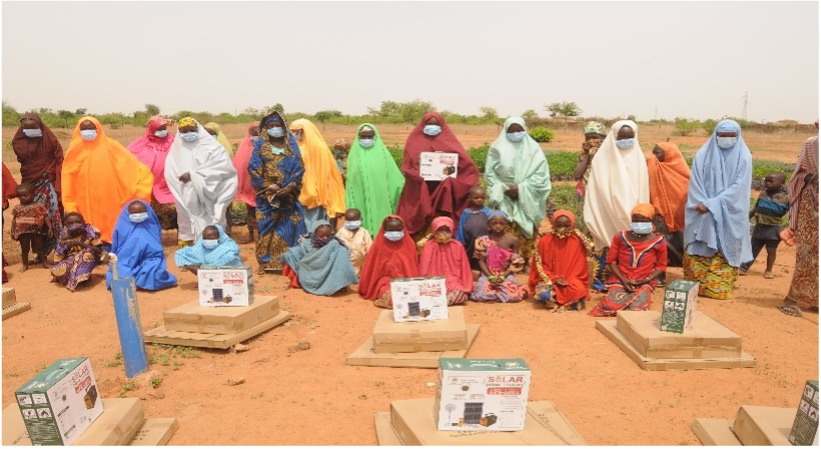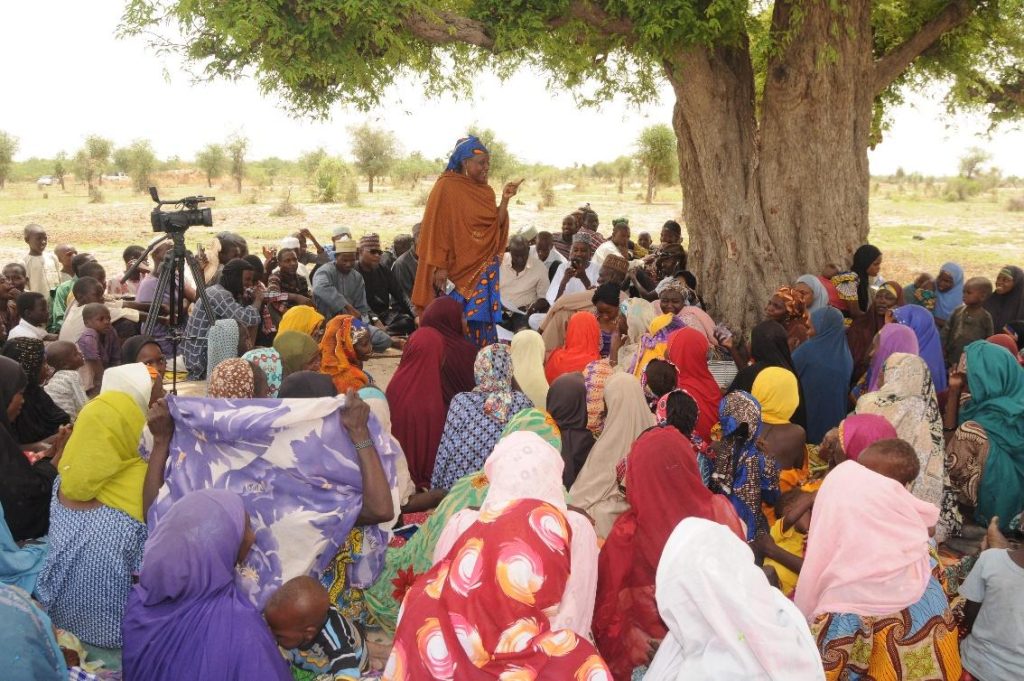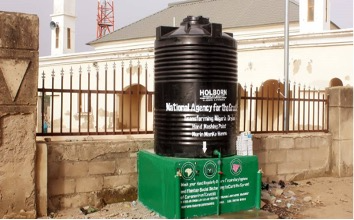Overview
The National Agency for the Great Green Wall (NAGGW) is intended to combat land degradation and desertification in Nigeria and to protect and restore ecosystems and essential ecosystem services that are key to reducing the devastating effects of the livelihood of the affected communities. One of the major components of GGW programme is to create awareness through publicity on the activities of GGW, the devastating effects of human activities that degrade land and enlighten the public on the remedies through which desertification and land degradation can be reduced to the barest minimum.
Provision of Solar Home Systems
To strengthen the climate change resilience of the affected communities, provision of Solar to harness and consolidate on the achievements of the Agency. This is aimed to encourage the community members to participate and take ownership and mobilize, sensitize, and educate populace towards the implementation of GGW programmes as well as get firsthand feedback to shape planning and policy implementation.

Sensitization and public awareness and mobilization of all stakeholders down to the grassroots is key in achieving the goals and objectives of the Agency.
With the advent of technological development, the use of mobile systems to reach hinterlands and other previously inaccessible areas have necessitated the use of mobile vans. The mobile vans are means for making movies and creating cinemas that has cinema equipment mounted on Vans. It is sometimes called Cine Van amongst other names. The need for Cinema Van cannot be over emphasized with respect to ease of movement rather than erecting permanent or static cinemas which may be expensive to construct. However, the project is focused on publics in the affected communities to sensitize and educate them on the danger of desertification and land degradation, impact of climate change and ways for mitigation.

Hand Washing Facilities and Palliatives for 55 Communities within the NAGGW Operational Areas in the Frontline States. Following the partial Lockdown, Mr. President directed the maintenance of social distance, provision of hand washing facilities, hand sanitizers, mandatory use of face masks; The Agency provided palliatives and hand washing facilities to 55 State Field Offices and 55 communities to cushion the effects of the lockdown on the rural populace to curtail the spread of Covid-19.
Despite these diverse developments, developments in fossil fuel systems almost entirely eliminated any wind turbine systems larger than supermicro size. In the early 1970s, however, anti-nuclear protests in Denmark spurred artisan mechanics to develop microturbines of 22 kW.


